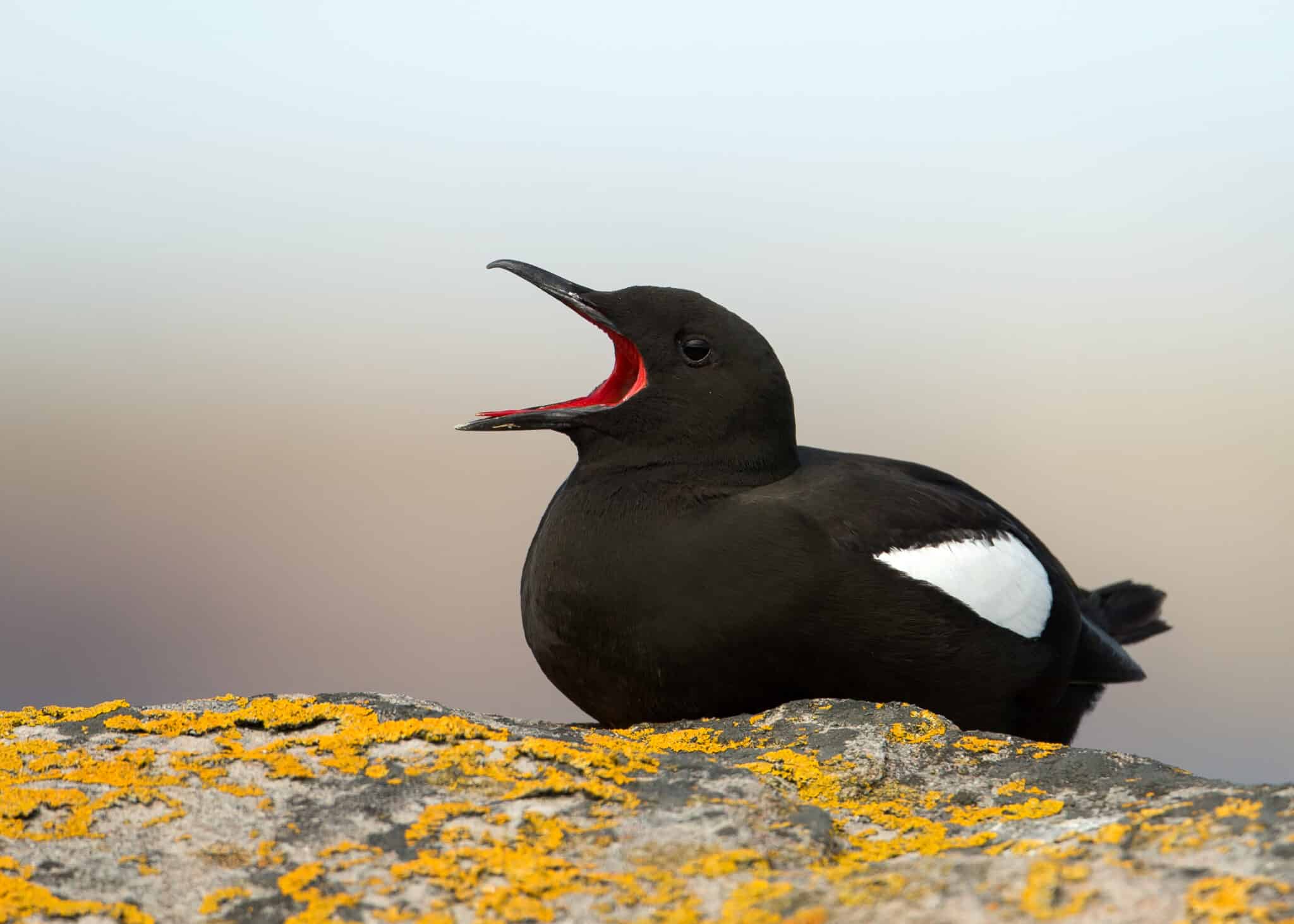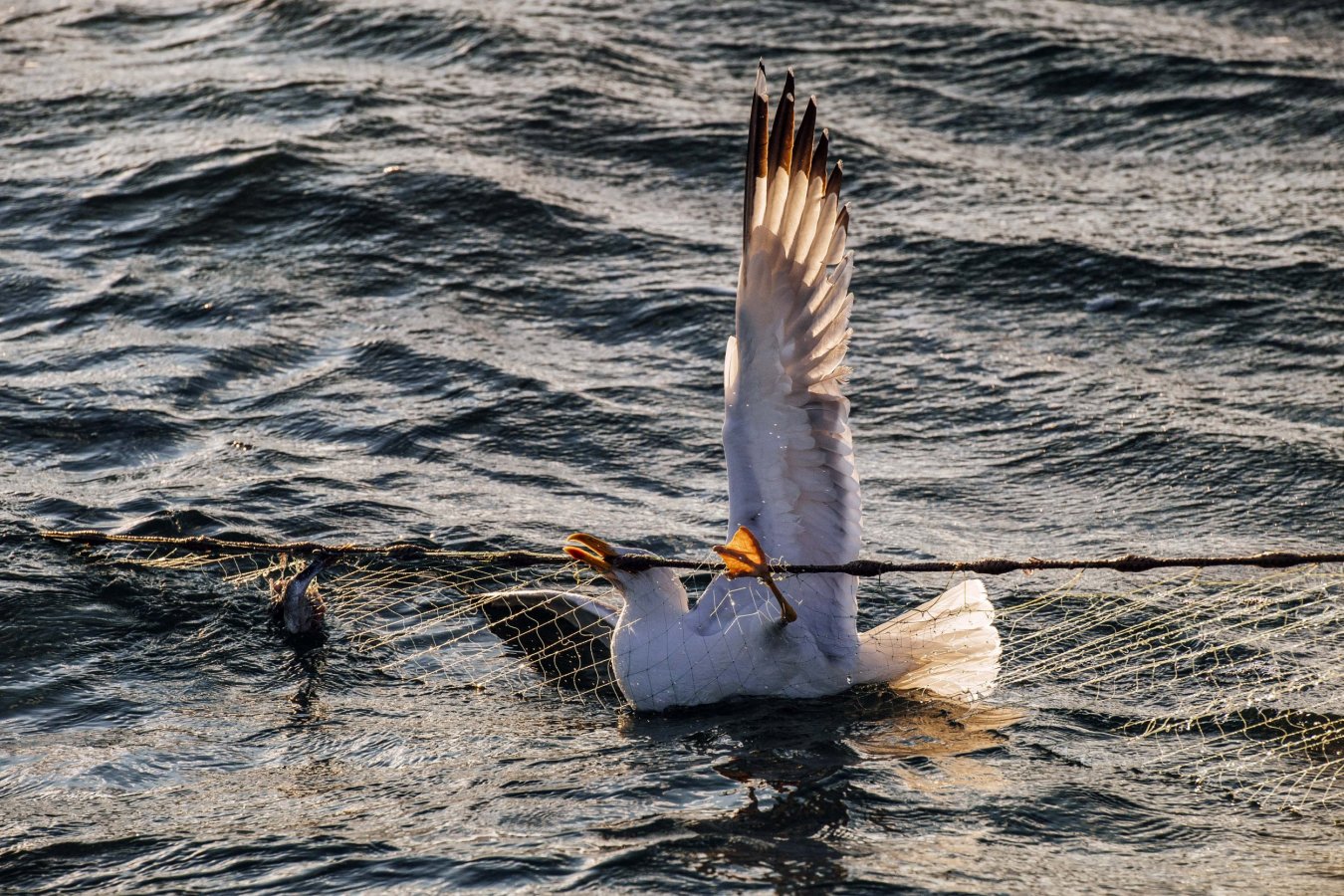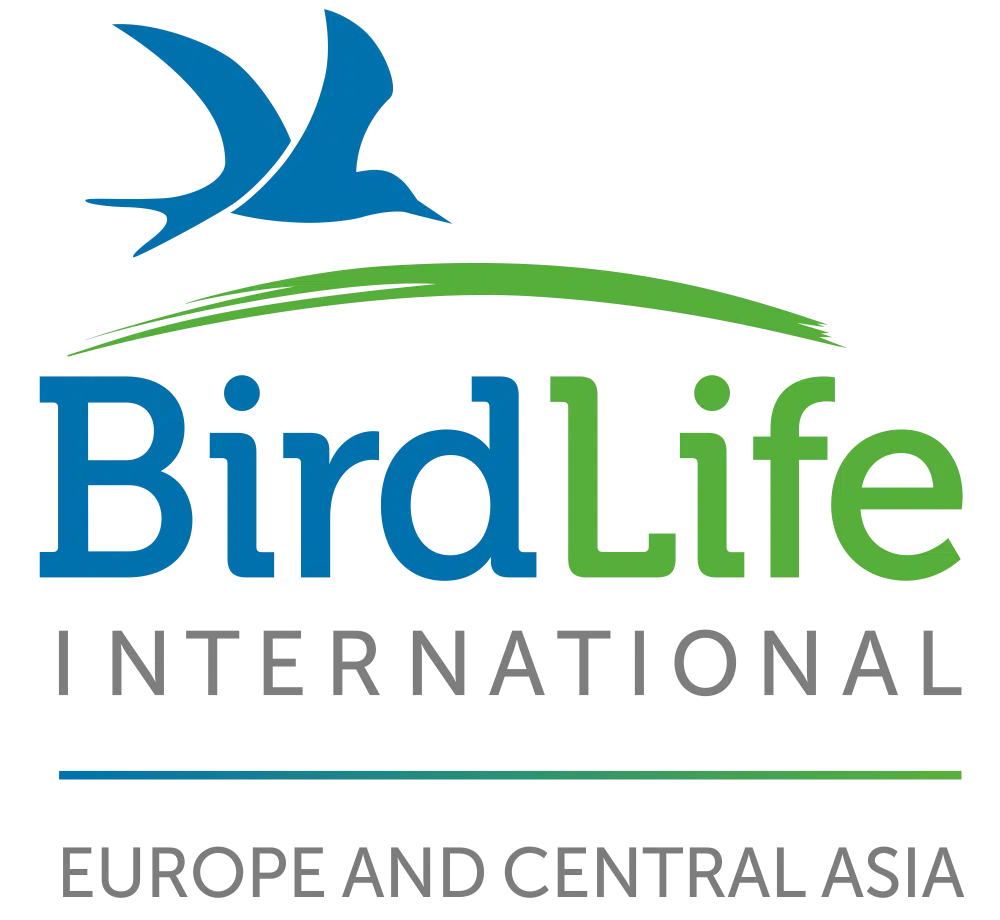Can fisheries co-management help tackle bycatch of vulnerable species?
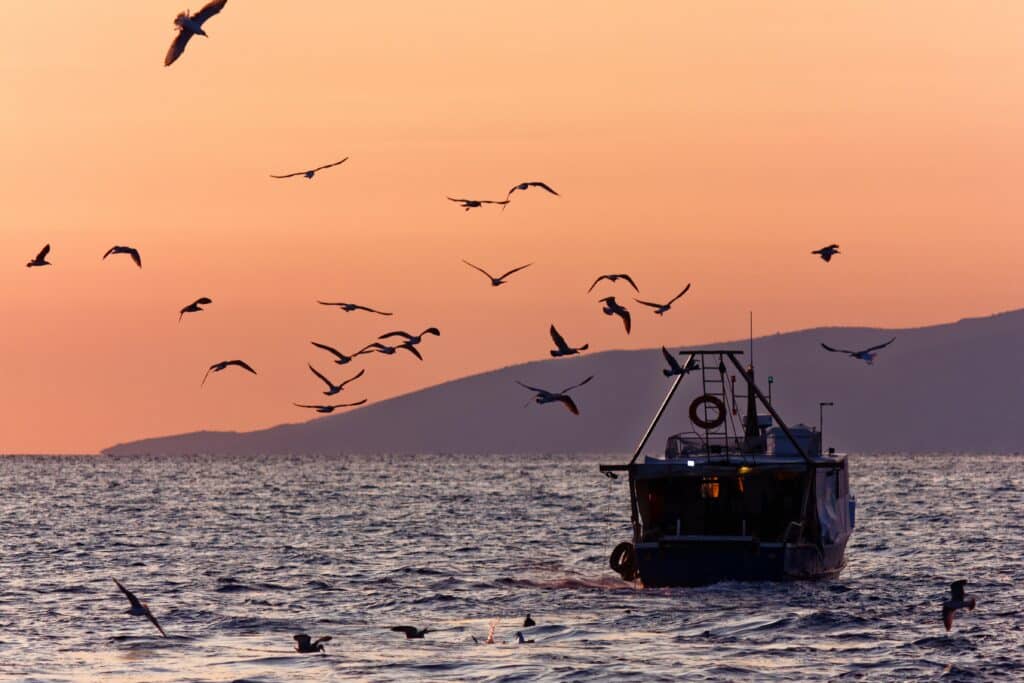
In our new report, we explore how fisheries co-management approaches and tools can support efforts to tackle the bycatch of vulnerable species.
Bycatch impacts seabirds, sea turtles, dolphins, and a whole host of marine animals, and is one of the biggest threats these species face. Unfortunately, this issue is very difficult to tackle as it requires measures adapted to the specific characteristic of each fisheries, fishing gears, and bycaught species.
However, a suite of management measures exists from which the most appropriate can be selected, adapted, and implemented in individual fisheries to greatly reduce the impacts. Despite this, and despite legislation requiring EU countries to minimise, and, where possible, eliminate bycatch, progress bycatch remains as big a problem as ever.
Fisheries co-management — whereby responsibility for fisheries management is shared between managing authorities and user groups — has been shown to improve the governance and management of fisheries resources leading to positive outcomes for fishers.
This approach is receiving increased attention in Europe as a solution to address the weaknesses and failures of traditional fisheries management, particularly for small-scale fisheries, and a way to achieve more effective and participatory decision-making.
Co-management provides a structure for incorporating local knowledge and engaging resource users in the formulation of management rules resulting in management that is better adapted to the local context. This can foster an increased sense of ownership and responsibility leading to increased compliance with the rules. As such it provides an opportunity to address issues — in addition to fish stock management — related to the environmental sustainability of fisheries, such as the bycatch of vulnerable species.
The BirdLife Partnership has spent many years building connections and collaborating with the fishing community. By working together, we are able to share experiences and knowledge that will help us develop and implement effective solutions to address the bycatch of seabirds. The findings and recommendations in our report will inform our continued efforts to minimise the unnecessary mortality from bycatch.
Image credits: Arthur Goldstein
You might also be interested in:
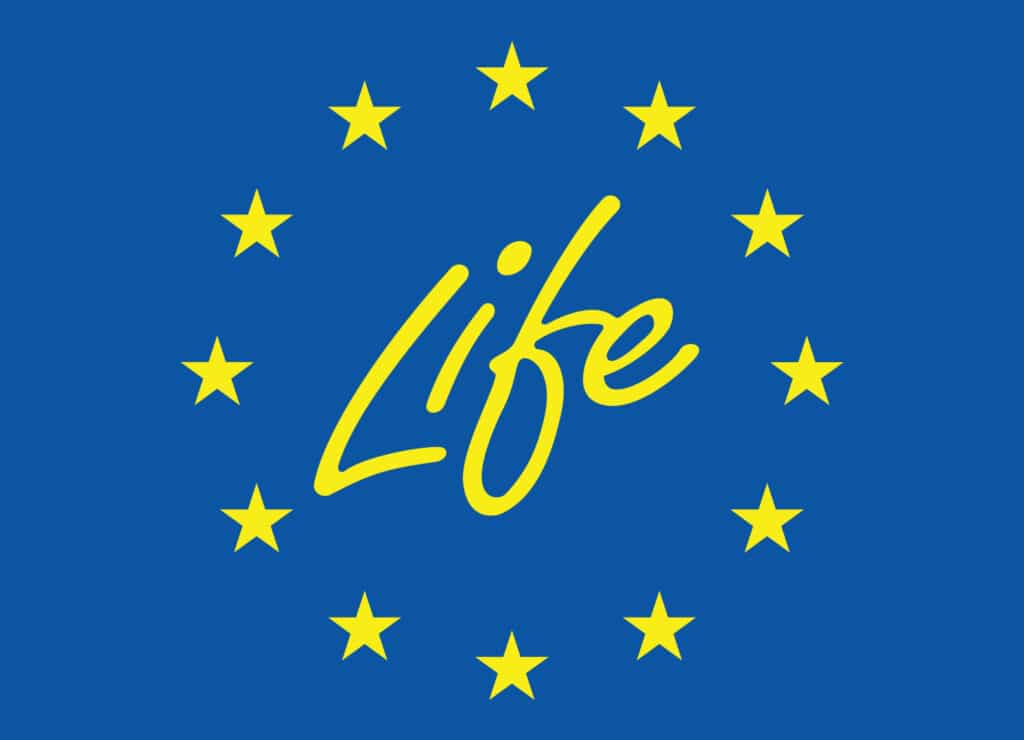 | Stichting BirdLife Europe gratefully acknowledges financial support from the European Commission. All content and opinions expressed on these pages are solely those of Stichting BirdLife Europe. The European Commission is not responsible for any use that may be made of the information it contains. |
